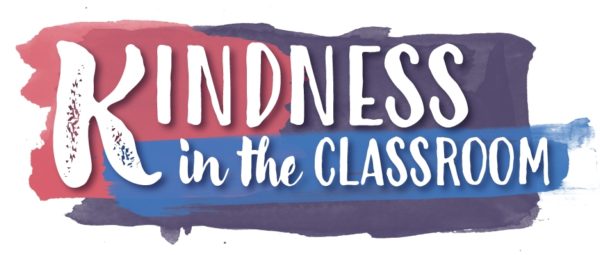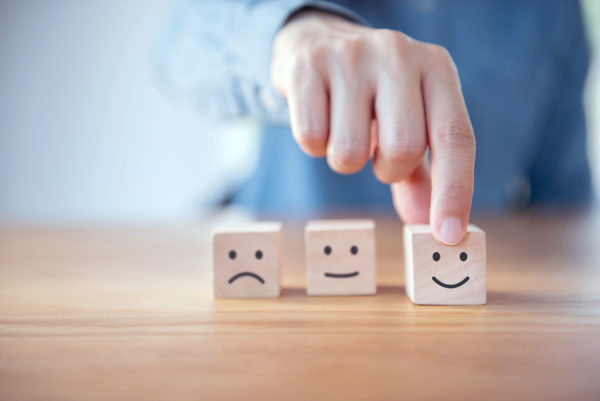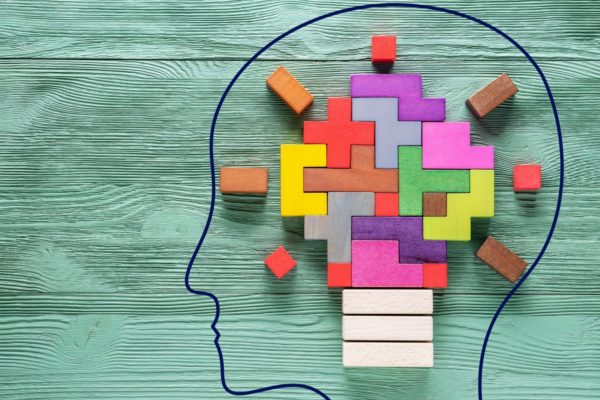News

Wisconsin Public Television has collaborated with the Center for Healthy Minds to offer Kindness in the Classroom.

The Center for Healthy Minds introduces a new measure that captures people's emotional style that shows promise as a valuable tool for research and clinical purposes.

New research from the Center points to evidence that long-term meditators may be perceived by strangers as less neurotic, more mindful, more conscientious and more comfortable in their own skin.

The Center for Healthy Minds welcomes new faculty member Melissa Rosenkranz, who studies neural-immune and biochemical mechanisms by which individual differences in response to emotion alter resilience against disease, as well as the impact of meditation practice on these mechanisms.

New research from the Center suggests that mindfulness training in experienced meditators as well as in people new to meditation does not lower certain aspects of impulsivity.

New research from the Center shows that mindfulness training leads to improvement in networks in the brain that are important for attentional control of mind wandering

